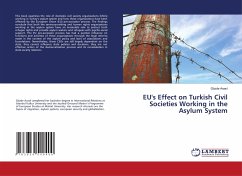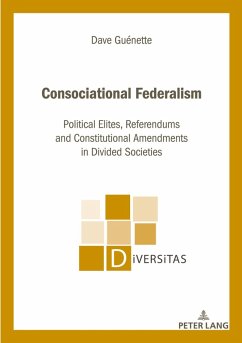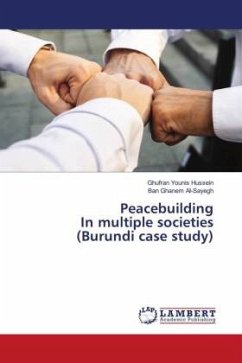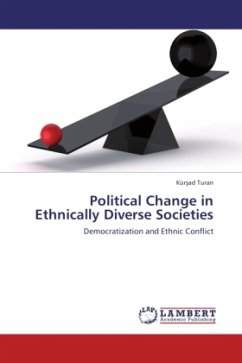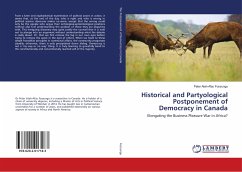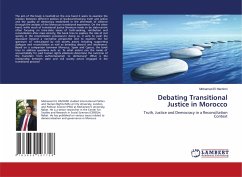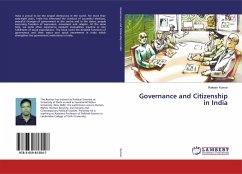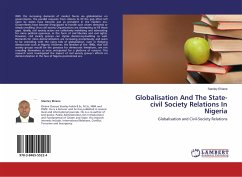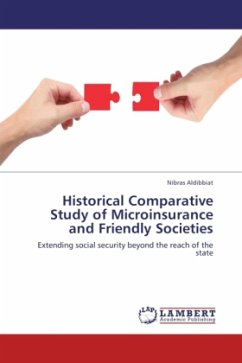
Historical Comparative Study of Microinsurance and Friendly Societies
Extending social security beyond the reach of the state
Versandkostenfrei!
Versandfertig in 6-10 Tagen
32,99 €
inkl. MwSt.

PAYBACK Punkte
16 °P sammeln!
This is a historical comparative study of microinsurance in developing countries and 19th century UK friendly societies. It examines factors affecting delivery of insurance to the poor.Welfare provision for the poor is taken on by civil society when it is not guaranteed by the state. Friendly societies and microinsurance initiatives seek to extend welfare provision through affordable contributions. The study investigates contextual similarities and differences and discusses assumptions. It argues that the growth of civil society is essential for successful provision of insurance for the poor. ...
This is a historical comparative study of microinsurance in developing countries and 19th century UK friendly societies. It examines factors affecting delivery of insurance to the poor.Welfare provision for the poor is taken on by civil society when it is not guaranteed by the state. Friendly societies and microinsurance initiatives seek to extend welfare provision through affordable contributions. The study investigates contextual similarities and differences and discusses assumptions. It argues that the growth of civil society is essential for successful provision of insurance for the poor. It juxtaposes 19th century capitalism with the openness of the market in low-income countries. Both are favourable factors for insurance for the poor. Globalisation and structural changes in the market and society are also key factors. The study notes similar challenges and regulatory concerns in friendly societies and microinsurance. It concludes that empowering poor individuals is crucial for extending social protection. Additionally, international pressure could contribute in expanding the reach of the microinsurance market and in due course mitigate the lack of social protection provisions



